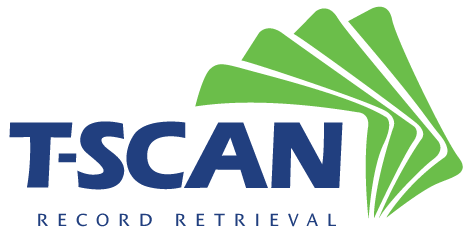Having an understanding of where your time is going is just as essential as understanding where your money is going. The CLM Advisors recently completed the largest survey in the industry with the intention of finding out exactly how much time (and thereby money) was going into the clerical task of record retrieval.
That survey revealed that 70% of insurers have no idea at all of the associated costs in retrieving records to adjudicate and litigate claims. Beyond this, 90% of the respondents in the survey claimed that they have never actually analyzed their law firm invoices to see what they are paying to retrieve records.
Where is Your Time Going When it Comes to Record Retrieval?
The results of the survey were alarming, as they shows a gap in the control insurers have over their costs. You cannot control costs if you do not know what those costs are.
Before you can begin instilling better practices within your company, you need to know where your process can be improved. Fortunately, this survey highlighted these areas quite well.
What did the survey teach us?
As we talk with insurers, we hear this time and again. The research done with this independent survey confirmed that many insurers are unaware of what the costs in both dollars and time are when records are retrieved to adjudicate claims.
Record Retrieval Consumes Significant Resources
Claim executives agree that retrieval activities consume significant internal resources and drive significant cost. Records retrieval is a very high-frequency activity for claim organizations.
It is true that, on average, 7-9 records must be retrieved for each claim. This number continues to rise, and it takes about 12 hours per claim for the adjuster to retrieve all the necessary records.
Most Companies Do Not Measure their Record Retrieval
In most claim organizations, the frequency and cost of retrieval are essentially unmeasured.
Internal records retrieval is classified as a clerical task and considered to be a routine part of the adjuster's job, without considering the impact on quality of the claim. When a case goes to litigation, the panel counsel duplicates the record retrieval process to ensure they have a complete set of records.
Claim Executives Know They Can Do Better
Claim executives believe there is a correlation between faster record retrieval time and improved claim cycle time.
Adjusters cannot make liability and damages decisions without having a complete set of records on which to base their decisions. The faster the adjuster receives the records related to a claim, the faster a good decision can be made. This results in improved cycle times — and happier clients.
How We Can Help You
T-Scan is committed to helping insurers improve their cycle times and free up their internal resources.
We’ve already begun making a difference in many companies. Click here to download our case study on how T-Scan reduced a top 3 insurers cost by 34.1% and 35.4% in record turnover time.
If you think your company can benefit from speeding up its record retrieval, we’d love to talk about how we can help. If you’d like to discuss how we can help you manage records for your cases, please contact our team today.











 1-800-285-1507
1-800-285-1507 info@tscan.biz
info@tscan.biz.png)